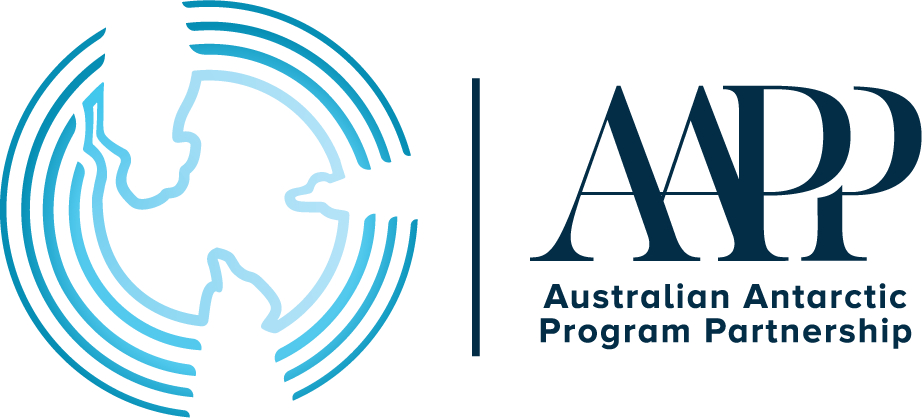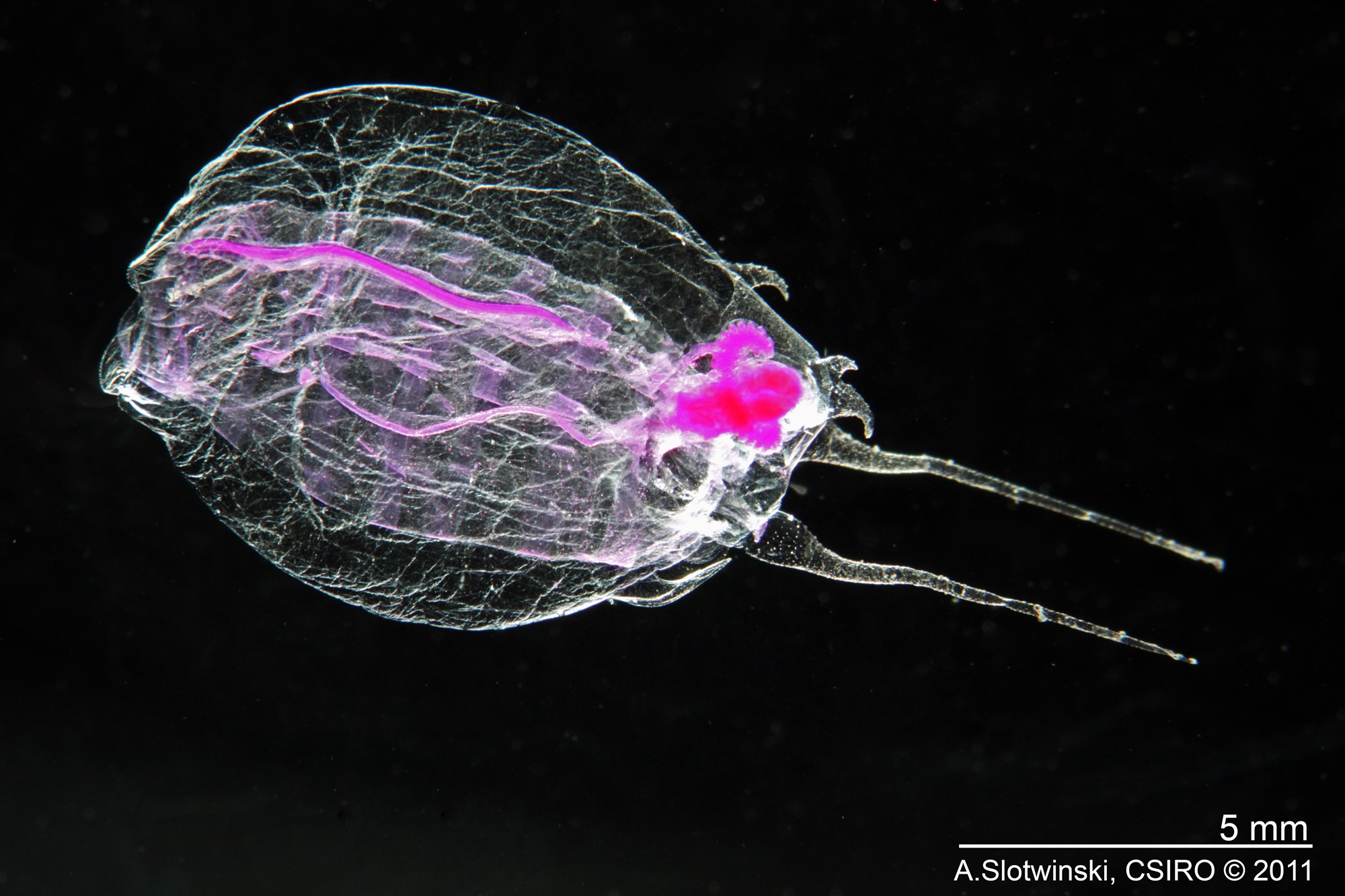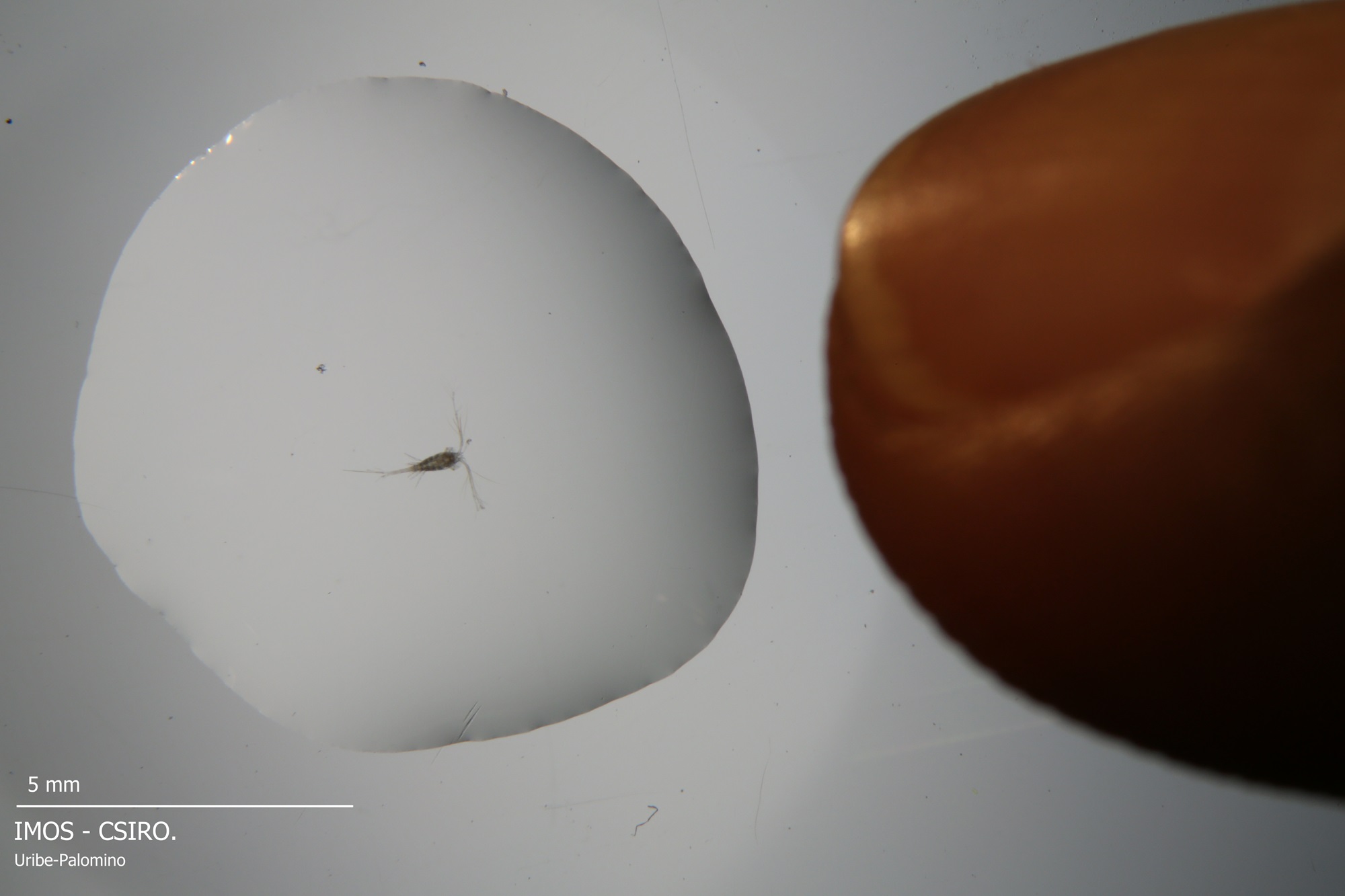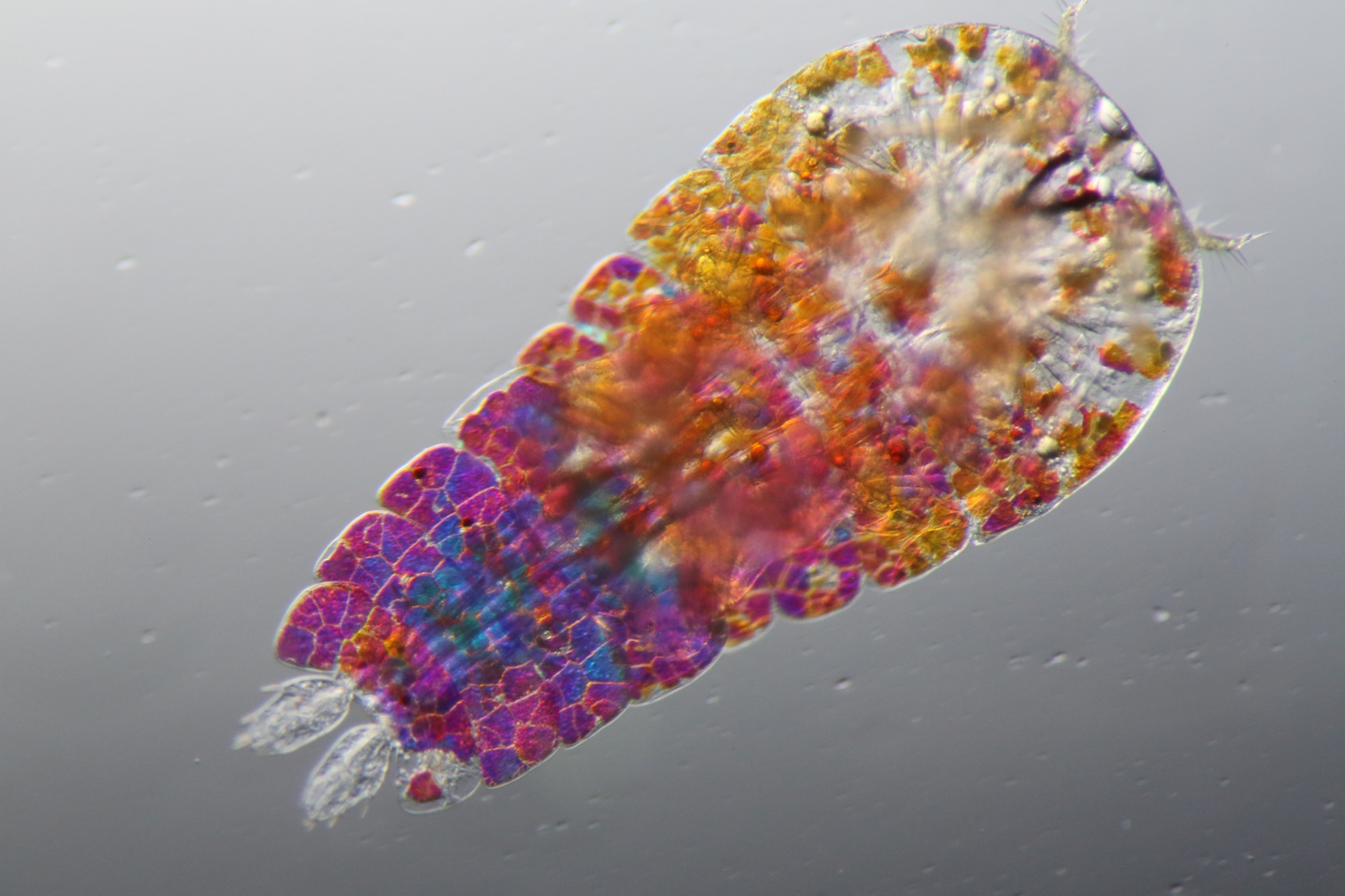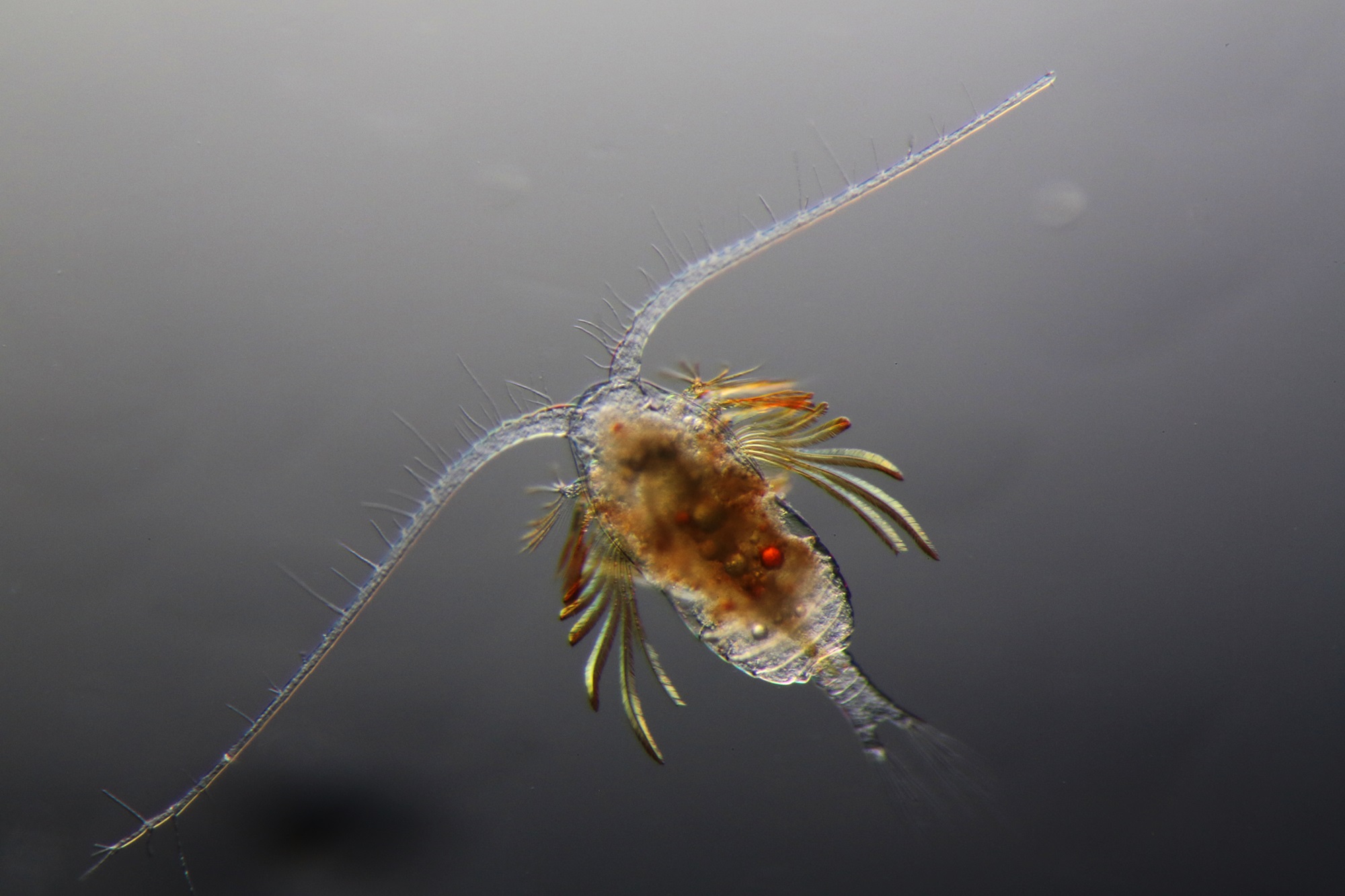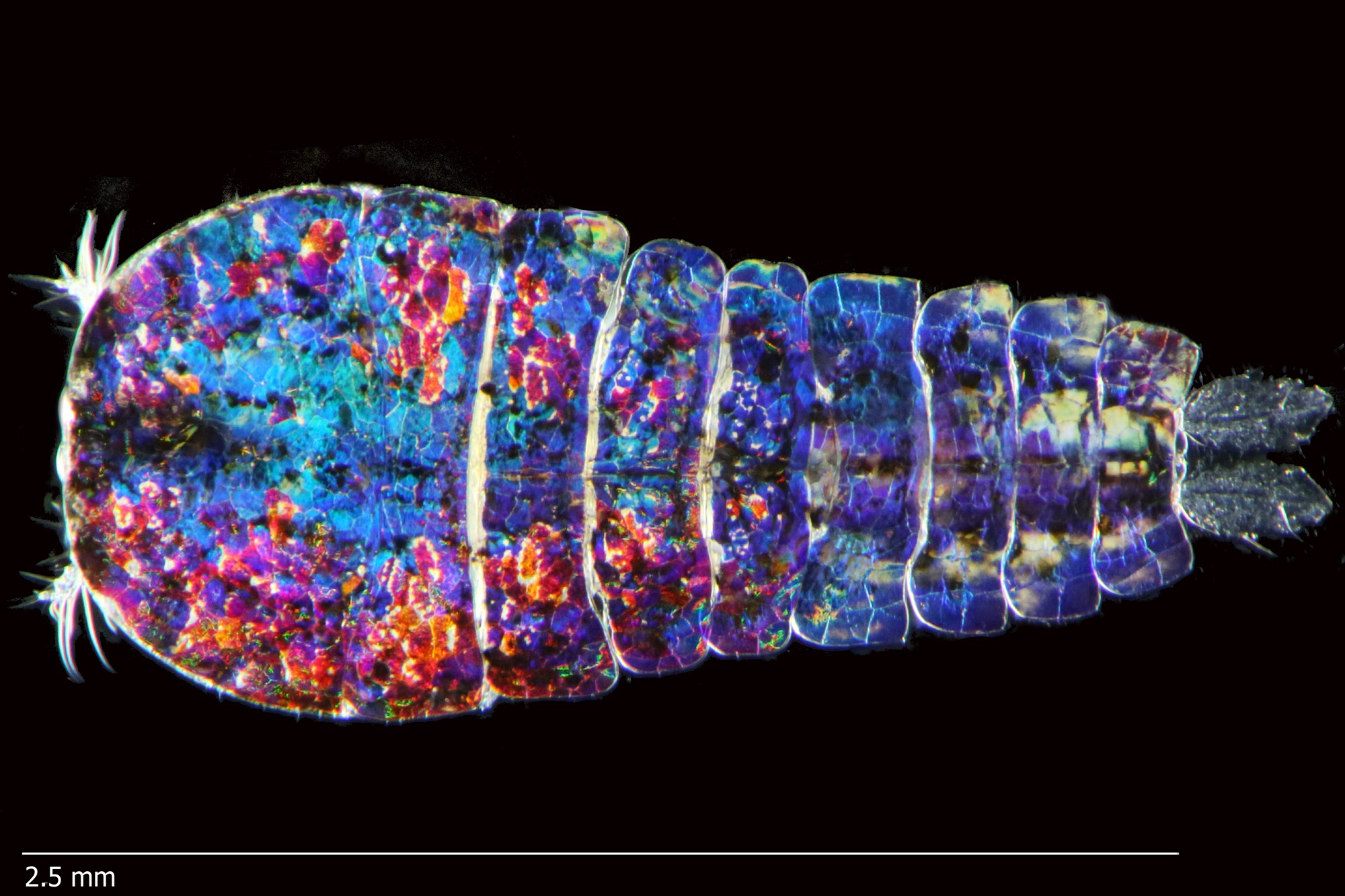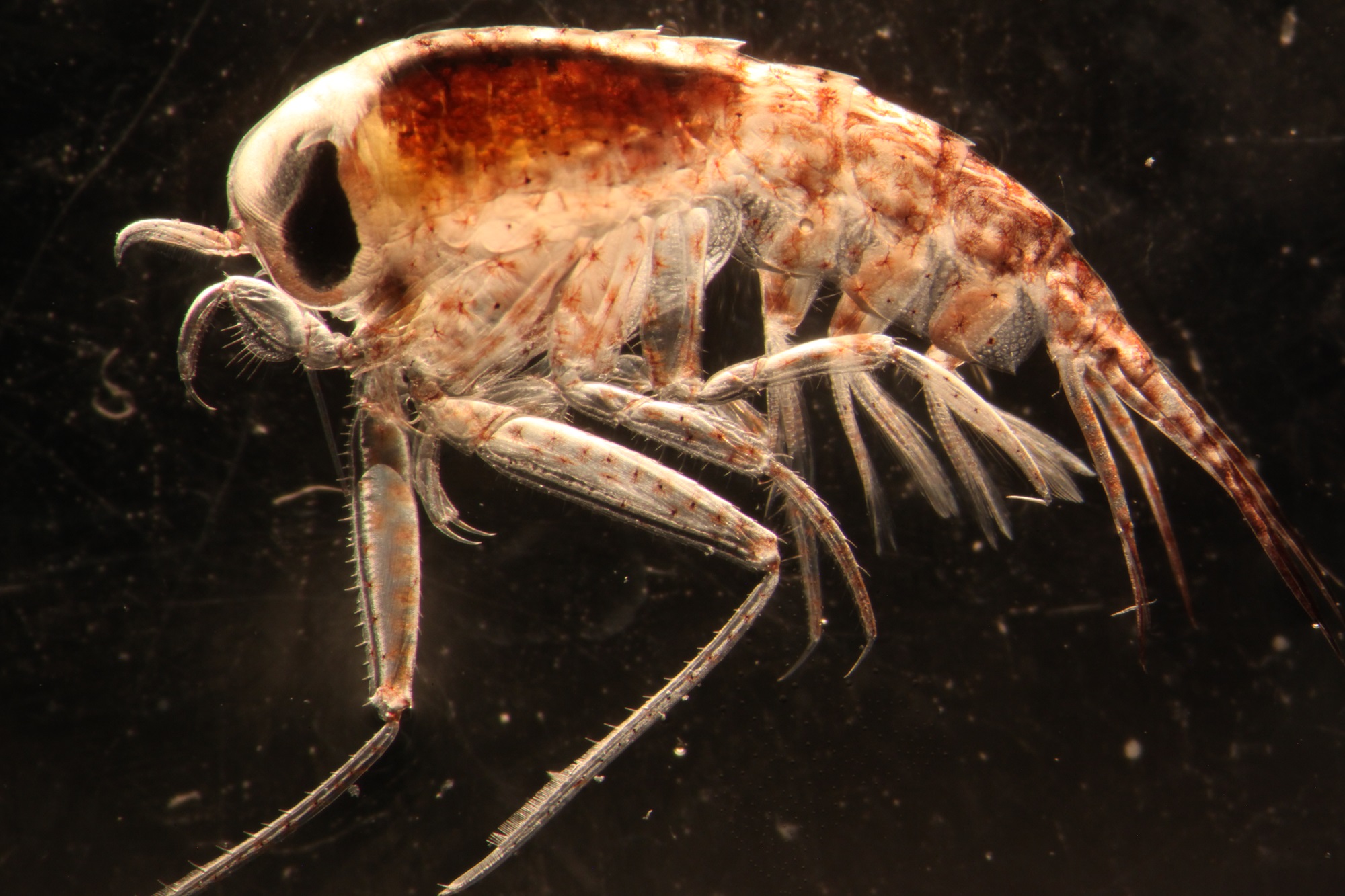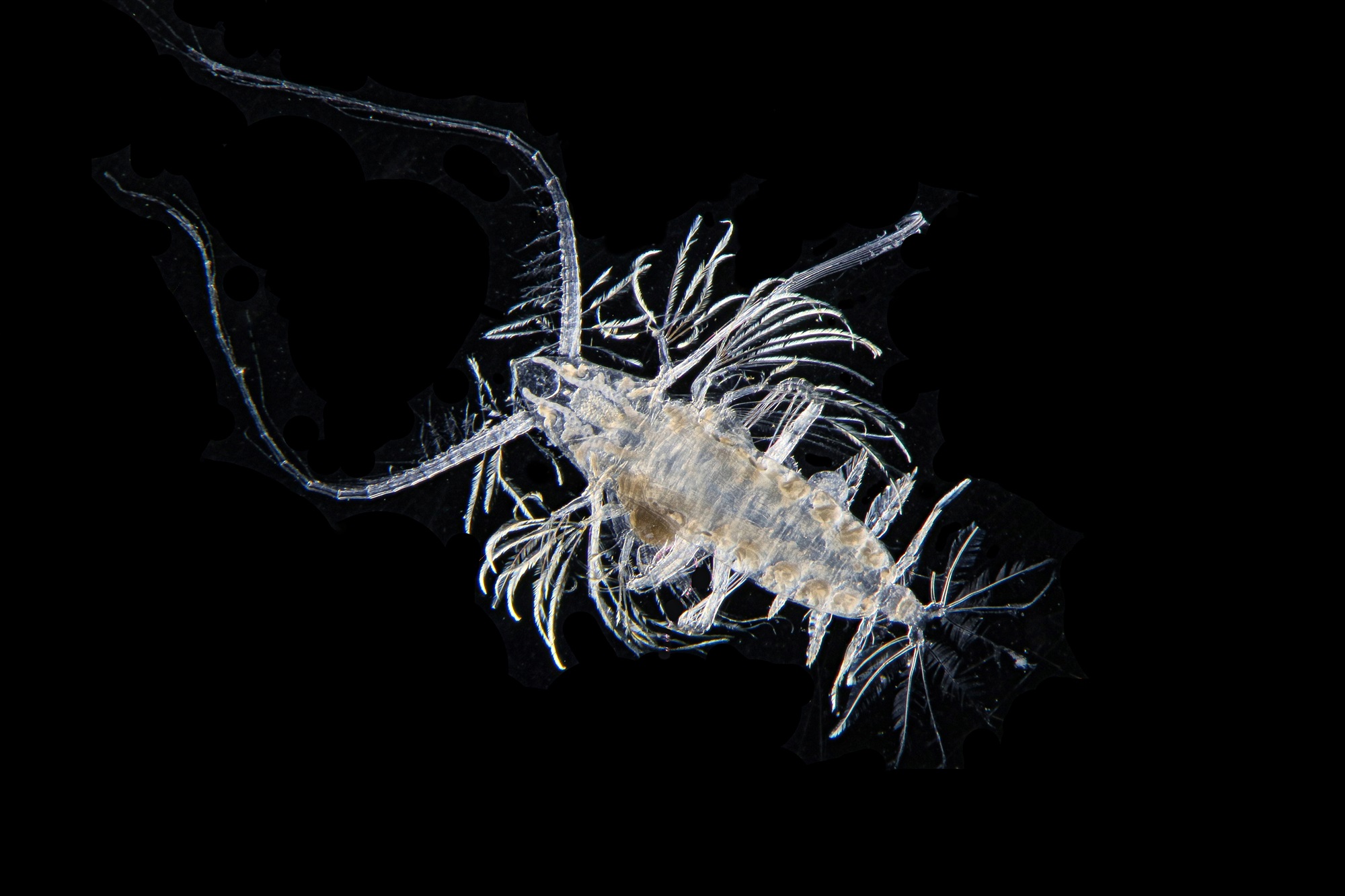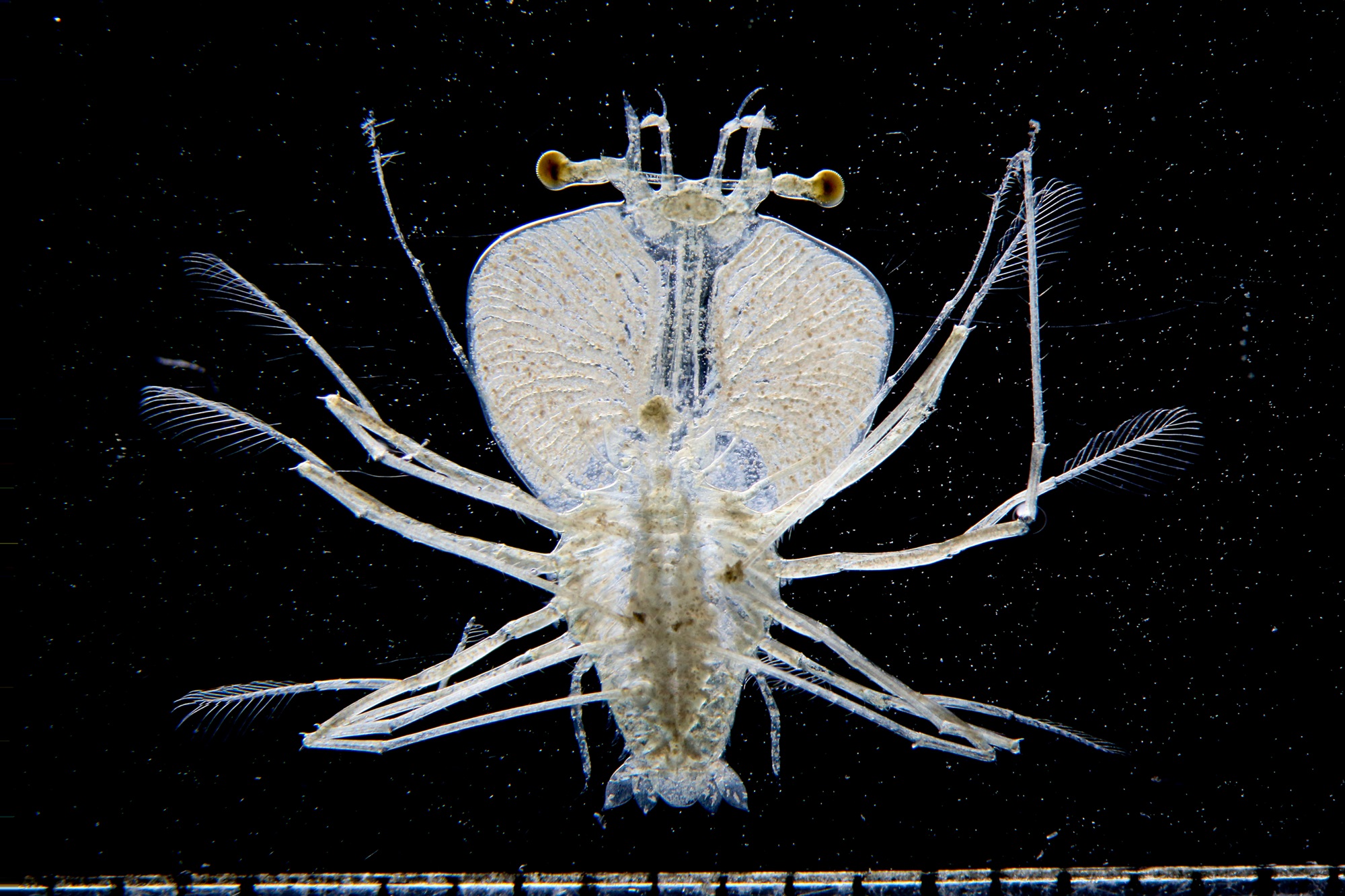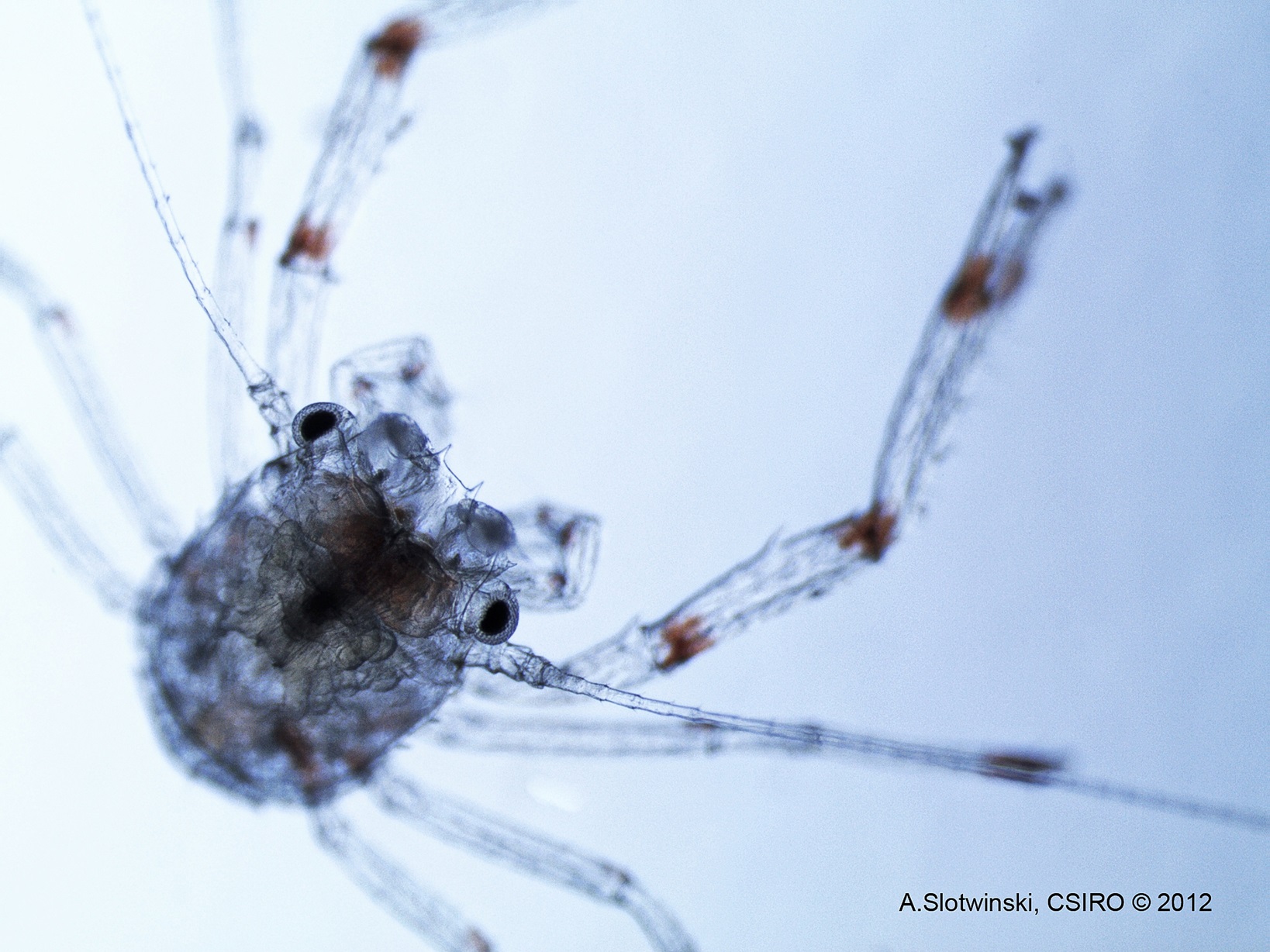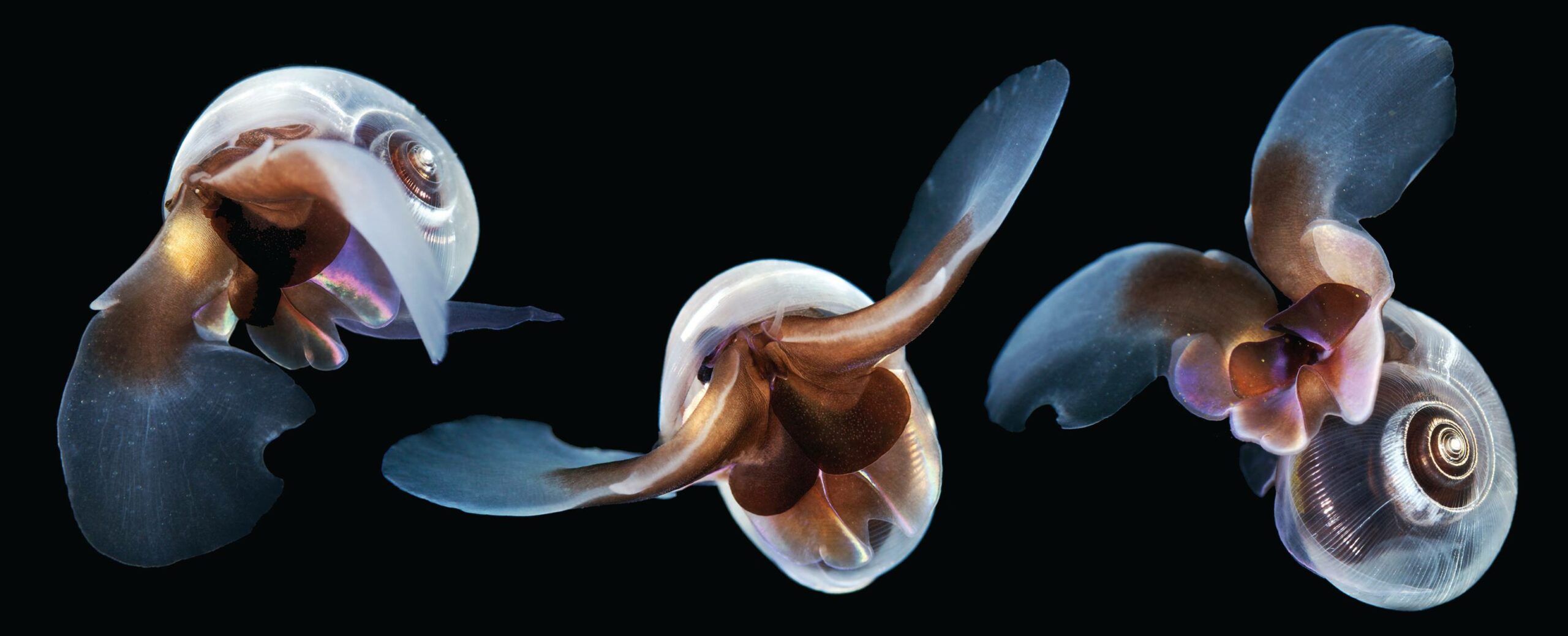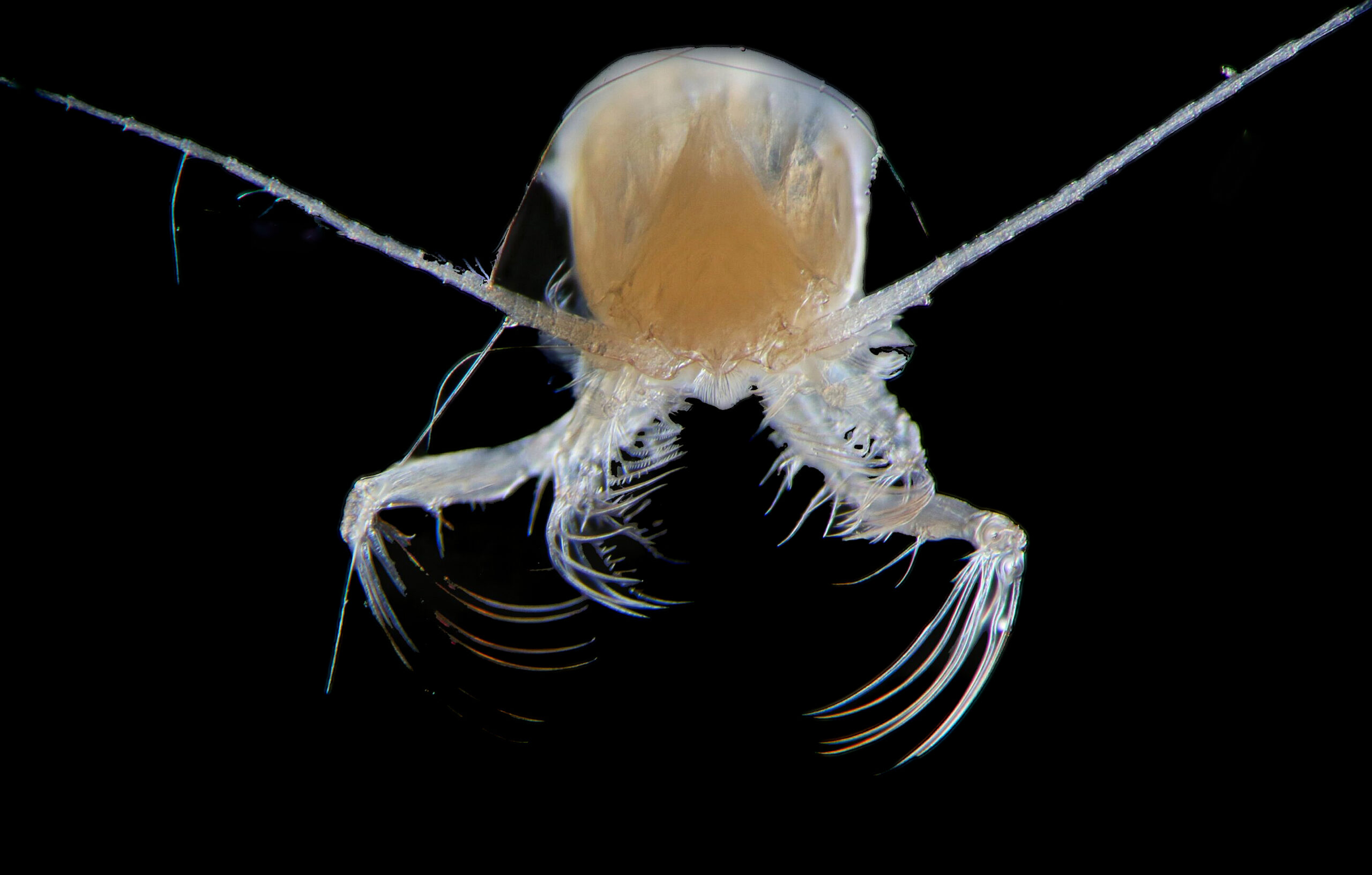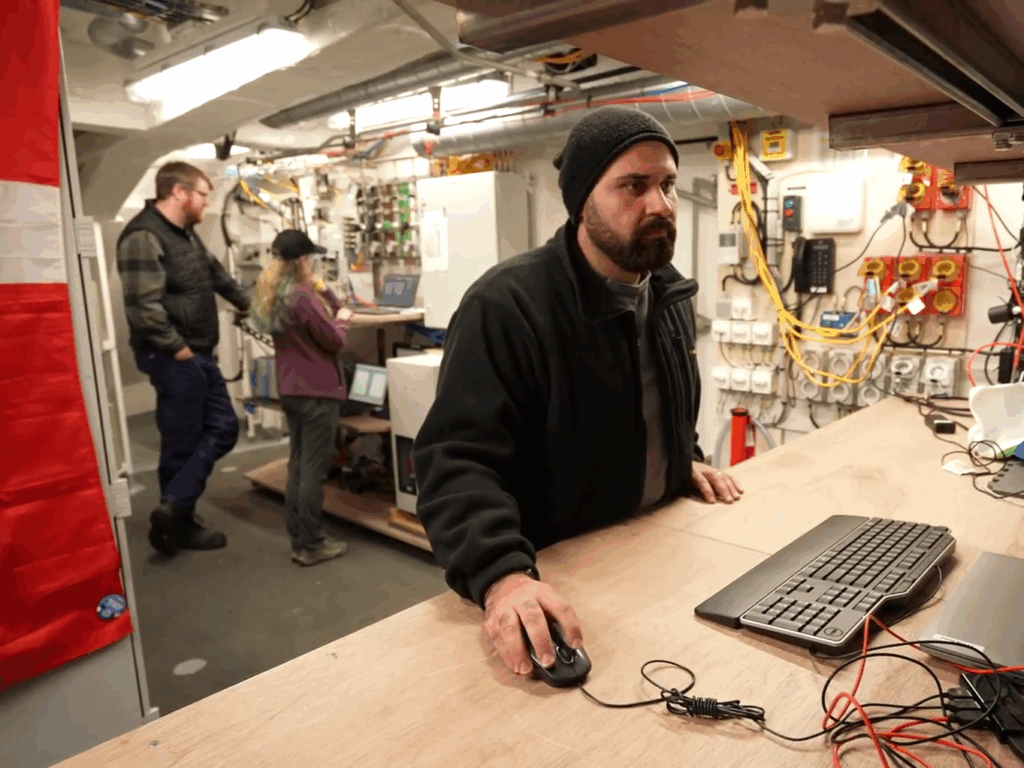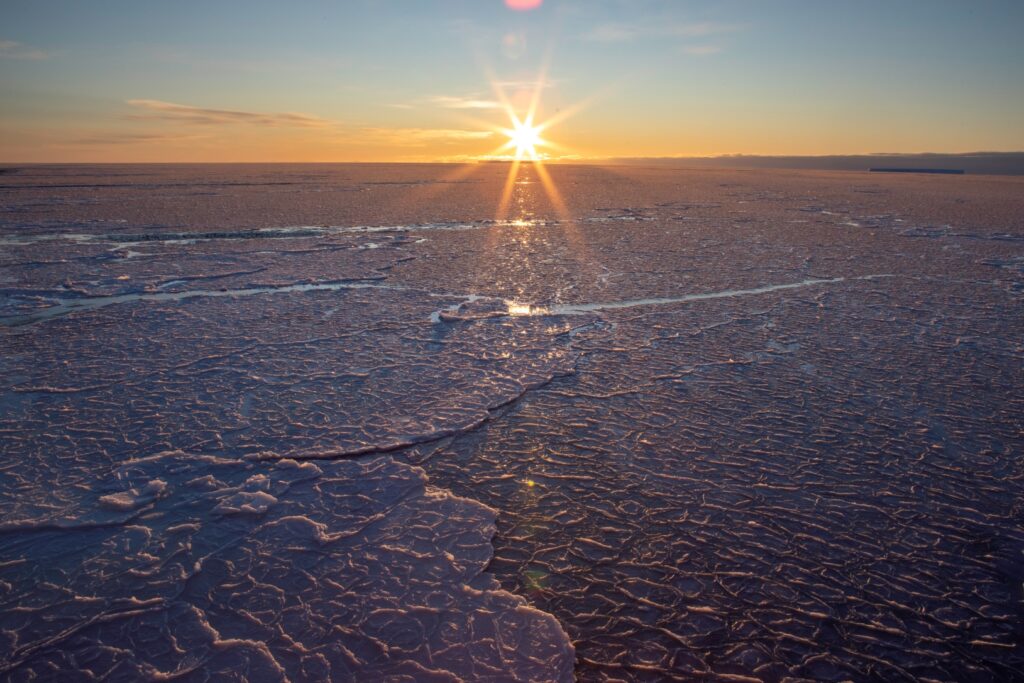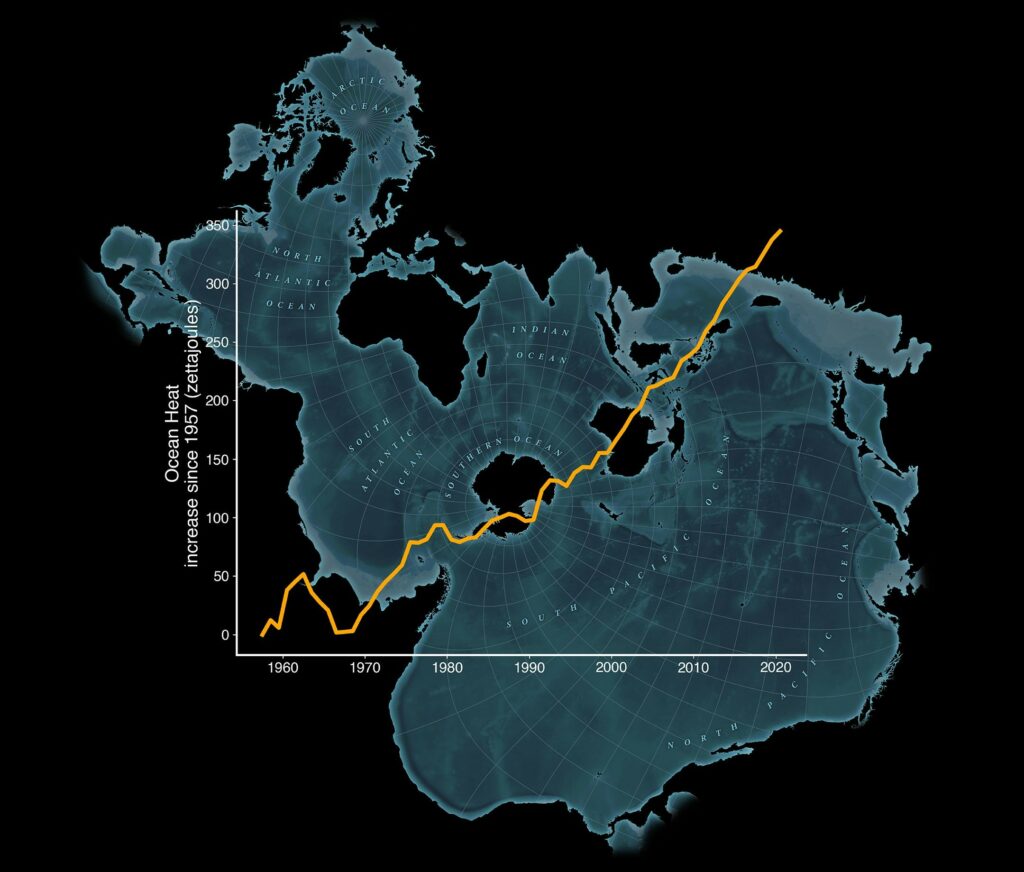Conference statement:
Zooplankton research priorities for a changing world
22 March 2024
Marine zooplankton – the estimated 28,000 species of usually unseen animals such as krill and jellyfish that drift with ocean currents – play a critical role in carbon storage, the global climate system, the structure of marine ecosystems and the productivity of commercial fisheries.
With their narrow temperature preference, small size and complex life histories, marine zooplankton are particularly sensitive and vulnerable to environmental change.
Oceans are warming and acidifying. Pollution is increasing. Overfishing is intensifying. How zooplankton respond to these dramatic changes in marine ecosystems will impact the health of our oceans and influence the pace of climate change.
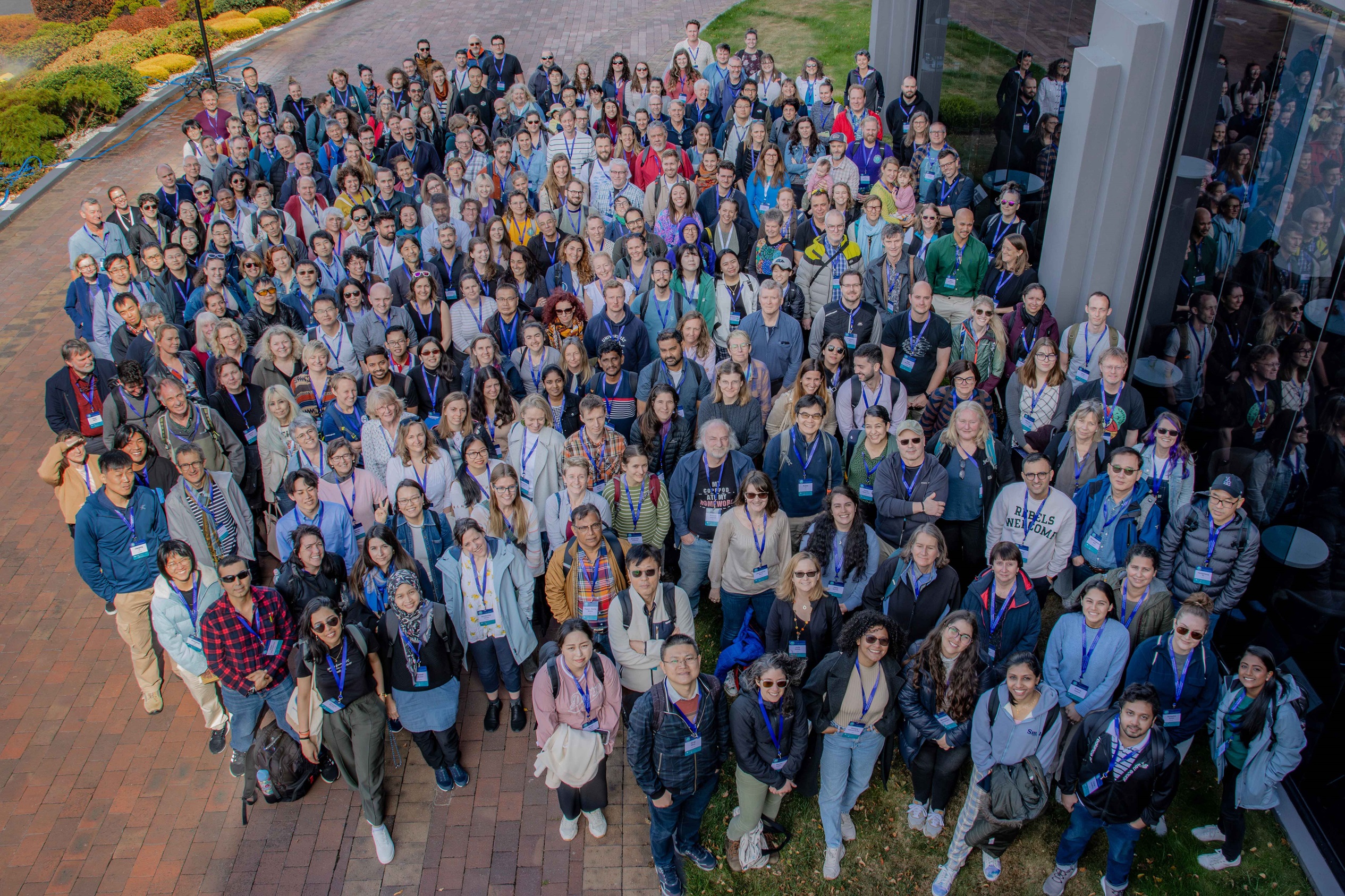
Several hundred attendees of the International Zooplankton Production Symposium, from 38 countries (photo: Peter W Allen, UTAS)
This global conference of 330 zooplankton experts reinforces the urgent need for sustained and enhanced international research efforts and resourcing to:
- build on and support long-term biological time-series as fundamental baselines for assessing the impacts of environmental change on zooplankton;
- fill gaps in understanding zooplankton physiology, life history, population dynamics, distribution and abundance;
- quantify the relative roles of major zooplankton groups (copepods, krill, salps, pteropods) in carbon and biogeochemical cycling, particularly in the Southern Ocean;
- link changes in zooplankton communities with changes in the biological carbon pump;
- improve understanding of the role of gelatinous zooplankton (e.g. salps, jellyfish) in carbon cycling and food webs;
- combine and develop new technologies (such as DNA, imaging, and bioacoustics) together with classical sampling techniques (such as nets), laboratory studies and targeted modelling studies;
- improve zooplankton representation in global climate and ecosystem models by incorporating existing knowledge (e.g. taxonomy, size, carbon content);
- expand modelling of zooplankton dynamics by broadening representation of different regions in observations and datasets;
- develop models for fisheries management based on direct measurements of zooplankton biomass, abundance, species composition and timing as well as oceanographic and phytoplankton data from satellites.
The 7th International Zooplankton Production Symposium is organised by the North Pacific Marine Science Organisation (PICES), the International Council for the Exploration of the Sea (ICES), and the Australian Antarctic Program Partnership (AAPP) at the University of Tasmania.
READ MORE — Mind the gaps: Marine zooplankton futures in a warming world
